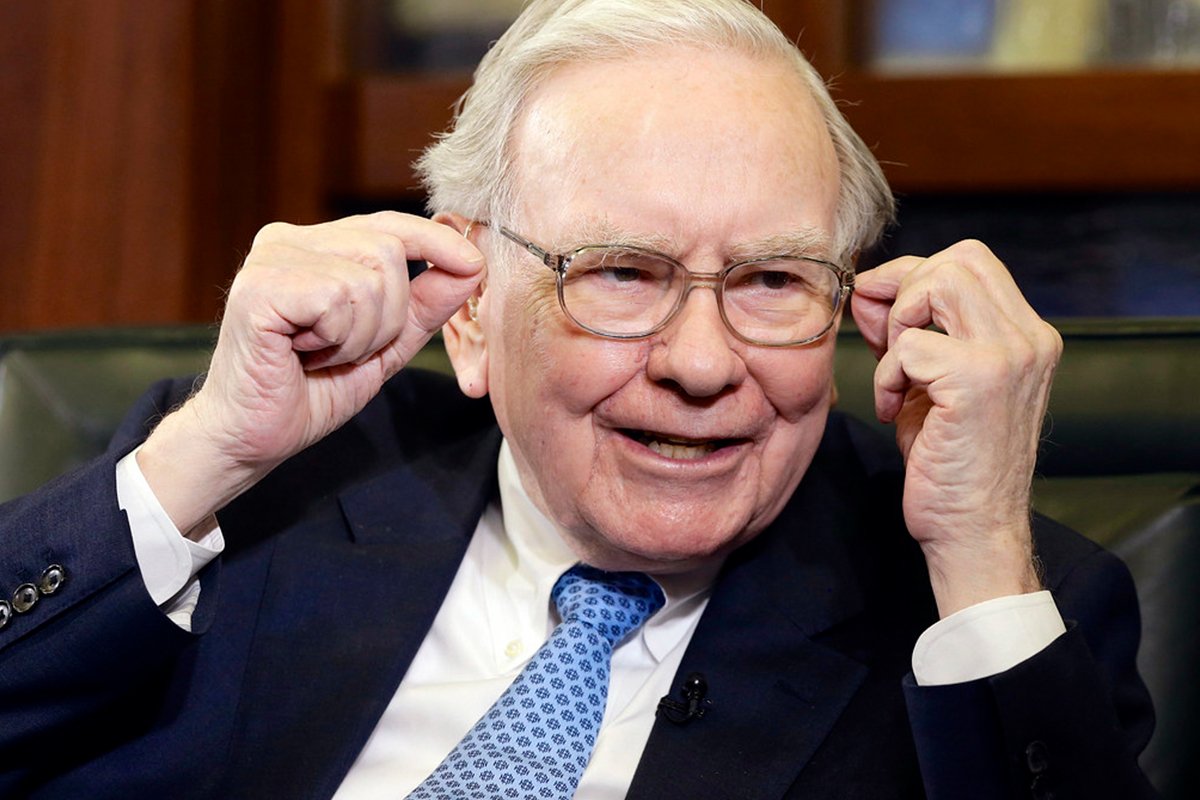Warren Buffett Warns U.S. Deficit Could Spiral Out of Control by 2027
06.05.2025 8:00 1 min. read Alexander Stefanov
Warren Buffett sounded the alarm on America’s worsening fiscal health during what may be his final Berkshire Hathaway shareholders meeting, cautioning that the country is heading toward a financial cliff if spending habits remain unchecked.
The U.S. has already racked up a $1.31 trillion deficit in the current fiscal year—an increase of $242 billion from the same period last year—according to the Treasury.
Buffett believes that unless the growing gap between government income and expenses is brought under control, the situation could spiral by 2027.
He warned that while the U.S. has so far avoided a full-blown crisis, continued overspending could eventually push the system past the point of recovery.
Comparing today’s environment to previous close calls, he emphasized that inflation, while currently restrained, could accelerate rapidly if the fiscal imbalance worsens.
Buffett said the U.S. is running with a deficit closer to 7% when around 3% might be sustainable. Beyond that, he argued, the risk of losing control grows. Fixing the imbalance, he added, is an unenviable task—one that Congress has shown little appetite for taking on.
-
1
Billionaire Investor Sees Dollar Crash If Key Support Breaks
18.06.2025 15:00 1 min. read -
2
Billionaire Slams Meme Stock Hype and Sounds Alarm on U.S. Fiscal Health
15.06.2025 18:00 2 min. read -
3
Nassim Taleb Says Global Trust Is Shifting from the Dollar to Gold
22.06.2025 17:00 1 min. read -
4
Geopolitical Shockwaves Hit Ethereum Hard While Bitcoin Stays Resilient
22.06.2025 16:21 1 min. read -
5
U.S. Recession May Already Be Locked In, Economist Warns
23.06.2025 12:00 1 min. read
Robert Kiyosaki Predicts When The Price of Silver Will Explode
Robert Kiyosaki, author of Rich Dad Poor Dad, has issued a bold prediction on silver, calling it the “best asymmetric buy” currently available.
U.S. PCE Inflation Rises for First Time Since February, Fed Rate Cut Likely Delayed
Fresh data on Personal Consumption Expenditures (PCE) — the Federal Reserve’s preferred inflation gauge — shows inflation ticked higher in May, potentially delaying the long-awaited Fed rate cut into September or later.
Trump Targets Powell as Fed Holds Rates: Who Could Replace Him?
Federal Reserve Chair Jerome Powell is once again under fire, this time facing renewed criticism from Donald Trump over the Fed’s decision to hold interest rates steady in June.
U.S. National Debt Surge Could Trigger a Major Crisis, Says Ray Dalio
Billionaire investor Ray Dalio has sounded the alarm over America’s soaring national debt, warning of a looming economic crisis if no action is taken.
-
1
Billionaire Investor Sees Dollar Crash If Key Support Breaks
18.06.2025 15:00 1 min. read -
2
Billionaire Slams Meme Stock Hype and Sounds Alarm on U.S. Fiscal Health
15.06.2025 18:00 2 min. read -
3
Nassim Taleb Says Global Trust Is Shifting from the Dollar to Gold
22.06.2025 17:00 1 min. read -
4
Geopolitical Shockwaves Hit Ethereum Hard While Bitcoin Stays Resilient
22.06.2025 16:21 1 min. read -
5
U.S. Recession May Already Be Locked In, Economist Warns
23.06.2025 12:00 1 min. read


